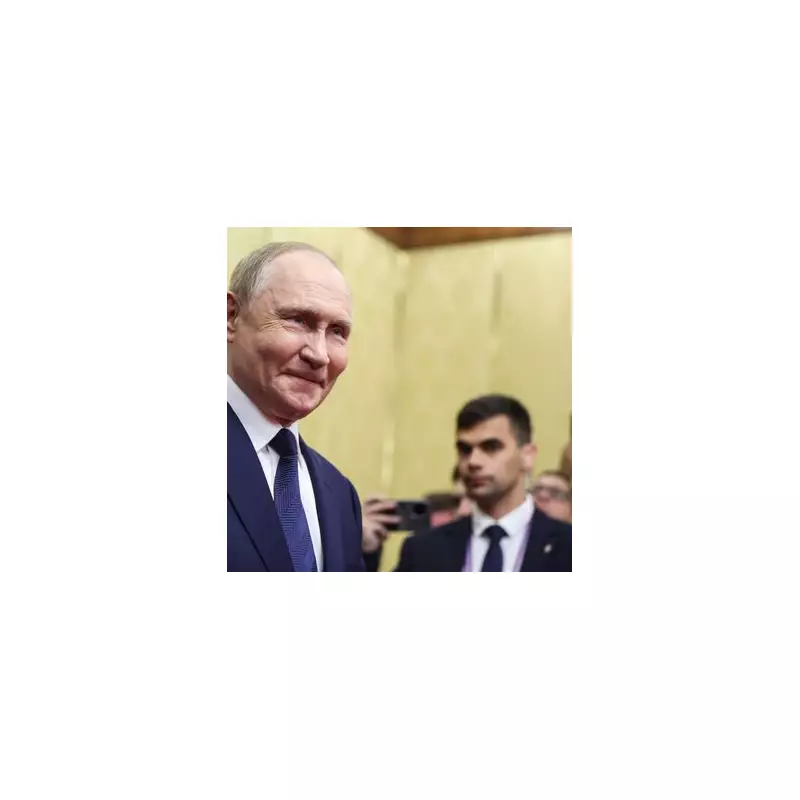
Explosive allegations have emerged from Russia, suggesting a desperate Kremlin is resorting to paying its own citizens to fabricate support for a so-called 'anti-war' presidential candidate.
According to reports from exiled media outlet Meduza, individuals are being offered financial incentives to attend campaign rallies for Boris Nadezhdin, the only candidate who has voiced opposition to Putin's war in Ukraine. The scheme appears to be a cynical attempt to create a illusion of genuine political competition ahead of the March election.
The Price of Pretend Support
Sources claim that attendees are being paid between 500 and 700 roubles (approximately £4.30-£6) for their presence at Nadezhdin's events. This tactic mirrors previous methods used by the regime to artificially inflate attendance at pro-government gatherings.
One anonymous source bluntly stated the operation is being conducted "so that there is the appearance of a political struggle", revealing the hollow nature of Russia's democratic process.
A Controlled Opposition
Boris Nadezhdin, a municipal deputy from the Moscow region, has unexpectedly gained traction by criticising what he calls Putin's "fatal mistake" in launching the invasion of Ukraine. His campaign has collected over 200,000 endorsements, far exceeding the required 100,000 to stand for election.
However, many observers believe his candidacy serves merely as a safety valve for public discontent, providing a managed outlet for anti-war sentiment without posing any real threat to Putin's predetermined victory.
Historical Precedent of Fabricated Support
This is not the first time the Kremlin has been accused of manufacturing political enthusiasm. Similar tactics were reportedly used during the brief presidential campaign of Ksenia Sobchak in 2018.
The pattern suggests a regime deeply insecure about its legitimacy, willing to pay for the appearance of popular support rather than earn it through genuine political engagement.
As Russia prepares for an election that most international observers consider a foregone conclusion, these allegations reveal the extensive lengths to which Putin's administration will go to maintain the facade of democratic choice.





